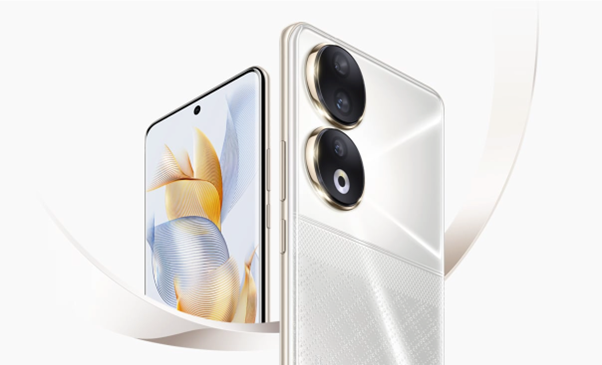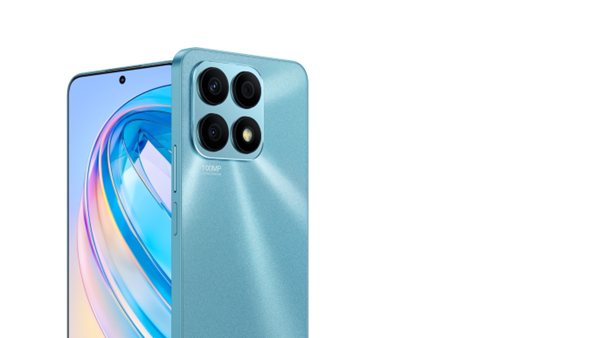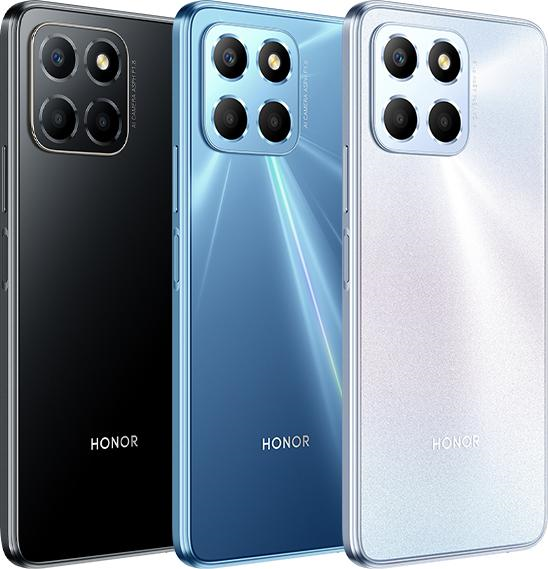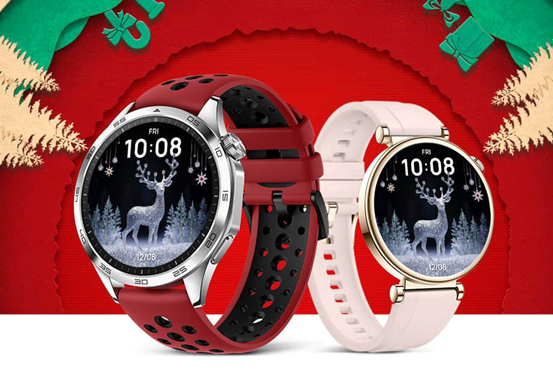
In the
fast-paced world of technology, the visual appeal of smartphones is as crucial
as their functionality. Phone designs have undergone a remarkable evolution,
transitioning from bulky and utilitarian devices to slim, sleek, and smart
masterpieces. Let's embark on a journey through the timeline of phone design
evolution.
The Early Years: Bricks
to Pocket-Friendly Devices
In the
early days of mobile phones, design took a backseat to functionality. Devices
were bulky, resembling bricks with limited aesthetic appeal. As technology
advanced, manufacturers began to prioritize compactness, giving rise to
pocket-friendly designs that revolutionized the portability of phones.
The Era of Flip Phones:
Embracing Style with Functionality
The advent
of flip phones marked a turning point in phone design. These devices combined
style with functionality, featuring sleek clamshell designs that could be
opened and closed with a satisfying snap. The flip phone era introduced a sense
of fashion and personal expression to the world of mobile devices.
Touchscreen Revolution:
The Birth of Minimalism
The
introduction of touchscreen technology triggered a design revolution. Physical
keyboards were replaced by expansive touchscreens, paving the way for
minimalist designs. Manufacturers embraced simplicity, removing unnecessary
buttons and creating seamless, uncluttered exteriors that focused on the beauty
of the display.
Metal and Glass
Elegance: Premium Materials Take Center Stage
As
smartphones became indispensable in our daily lives, the demand for premium
materials grew. Metal and glass emerged as the materials of choice, adding a
touch of elegance to phone designs. The use of these materials not only
enhanced the visual appeal but also conveyed a sense of sophistication and
durability.
Bezel-Less Displays:
Maximizing Screen Real State
The pursuit of larger and more immersive displays led to the era of bezel-less designs. Slimmer bezels allowed manufacturers to maximize the screen-to-body ratio, providing users with expansive displays without increasing the overall size of the device. Bezel-less designs in HONOR phones ushered in a new era of visual splendor and a futuristic aesthetic.

Curves and Edges:
Sculpting Ergonomic Perfection
The
transition from flat and angular designs to curved and ergonomic shapes became
a hallmark of modern phone aesthetics. Curved edges not only contributed to a
more comfortable grip but also added a touch of sophistication. The seamless
integration of form and function became a defining characteristic of flagship
devices.
Foldable Futures:
Blurring the Lines Between Phone and Tablet
In recent
years, the concept of foldable phones has emerged, challenging traditional
notions of smartphone design. These innovative devices feature flexible
displays that can be folded or unfolded to transform the form factor. Foldable
phones represent a convergence of compactness and large-screen functionality,
offering users a versatile and futuristic experience.
Customization and
Personalization: Tailoring Phones to Individual Tastes
The
evolution of phone designs also extends to the realm of customization and
personalization. Manufacturers now offer a range of color options, materials,
and accessories, allowing users to tailor their devices to reflect their
individual tastes and preferences. This shift towards personalization empowers
users to make a statement with their choice of smartphone.
Environmental
Consciousness: Sustainable Design Practices
In response
to growing environmental concerns, manufacturers are increasingly adopting
sustainable design practices. From using recycled materials to minimizing
packaging waste, the focus is shifting towards creating phones that are not
only aesthetically pleasing but also environmentally responsible. Sustainable
design is becoming a key consideration in the evolution of phone aesthetics.
Conclusion: Where Form
Meets Function in Harmony
The
evolution of phone designs encapsulates a journey from functional tools to
sleek and stylish companions that seamlessly integrate into our lives. Slim,
sleek, and smart devices represent the pinnacle of this evolution, where form
meets function in perfect harmony. As we move forward, the future promises even
more innovation, pushing the boundaries of design and redefining our
expectations for the aesthetics of the devices we carry in our pockets.



